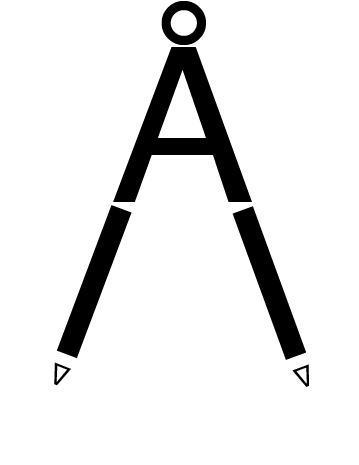Escape from commodity smartness with digital resources
Week 10: Towards a digital commonwealth
Develop an analysis of a web-based resource or platform of your choice. To what extent can it be described as a commons-based media resource?
If you were a tech savvy or design conscious person and had unpleasant feeling about smart device, particularly Home Assistant Device like Google Home or Amazon Echo it is worth to transform your digital lifestyle with DIY commons-based platforms. In this article, I will explain how commons-based media resource works on creative purpose using latest example to analyse web-based platform ‘Instructables' and 'GitHub'.
Our digital lives certainly have become smarter and more convenient however, can you make sure that Tech-giant commodified smart-ness is certainly smart for your individual life? Tech-giants, quite few numbers but hugest companies in the west coast of U.S, is selling digital communication service based on web-platform and capitalism as well as digital smartness for all over the world.
A Home Assistant Device offers smart solution for one's digital life. For example, with Google Home, a person can use google search engine like talking with friends from searching recipe for dinner to knowing summary of CRISPR which is a state-of-the-art genome editing technology. Although it is quite convenient enough like employing world's wisest secretary in your home, a user has to provide their personal data which include extremely private one in exchange of free use.
An inconvenient data exchanges between tech company to users has aroused debates particularly within scholars on the context of data capitalism or platform capitalism. In this digital world, sometimes person would be forced to choose if smart life with surveillance or digital healthy life without smart-ness. Here is a device can make this cynical trade-off a better off choice called 'Project Alias' developed by Danish designers, Bjørn Karmann and Tore Knudsen.
Project Alias is an 'anti-smart device' as well as a technological hack to make Home Assistant Device a tool for human's well-being tool. Alias parasitises and interferes with the function of the Home Assistant Device with specific noise except when called by a name which is preset by user. Karmann said in the interview conducted by Wired.jp that Project Alias is the tool that makes technology more human-friendly.
Alias is not for selling product but an open source project. Users can build up Alias anytime and anywhere they like using DIY commons-based platforms. Users will follow instruction on 'Instructables' to arrange components including Raspberry Pi, download hardware's CAD used for 3D printing, and get code for software from 'GitHub'.
Currently based in San Francisco Bay Area, U.S, the origin of Instructables is academic purpose; build in MIT Media Lab to share projects, to network creators, and to achieve innovation in the world. In 2006, Instructables independently launched as an open source documentation platform. It expanded from hundreds of projects to over one hundred thousand. Looking at projects on Instructables, it is easy to find 'How to Make a 3D Printed 6 Pointed Snowflake', 'Tesla Cybertruck DIY Made of Paper! :)', and 'LED Flame With a Plasma Effect'. According to crunchbase.com, Instructables acquired by Autodesk, a developer of 3D design software based in U.S for 30 million dollars in 2011.
Currently based in San Francisco Bay Area, U.S, GitHub might be more famous tool than monkey wrench in community of programmers all over the world. From its first commitment dated October 2007 to as latest statistics of August 2019, GitHub is supporting more than 40 million people and approximately 100 million repositories hosted. GitHub is acquired by Microsoft for 7.5 billion dollars in 2018.
As I explain in this article, Instructables and GitHub surely contribute to create value not in commodified digital product but from open source and grass-roots creation. I can conclude that these aspects 'Instructables' and 'GitHub' have in common are ideal function expected in commons-based media resource. (608 words)

